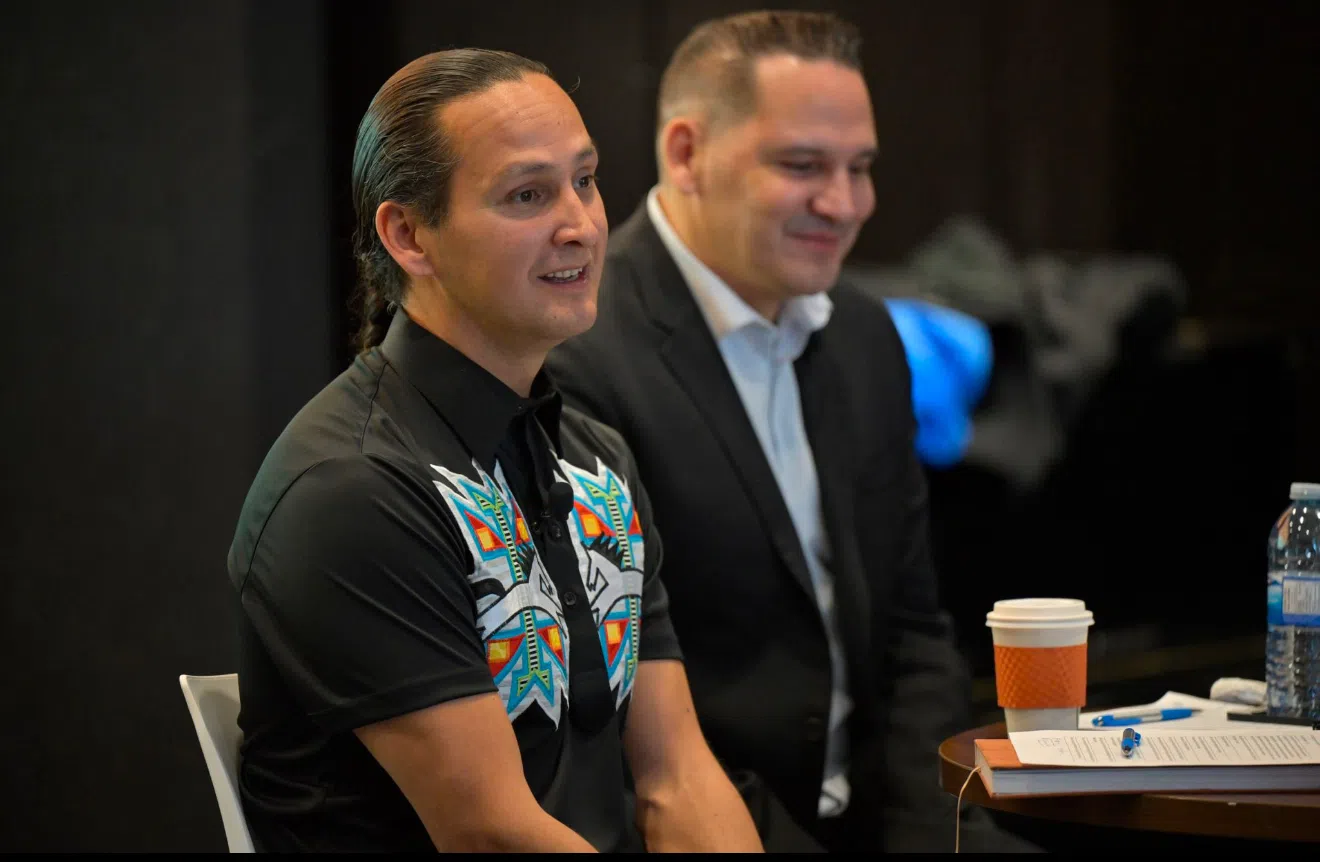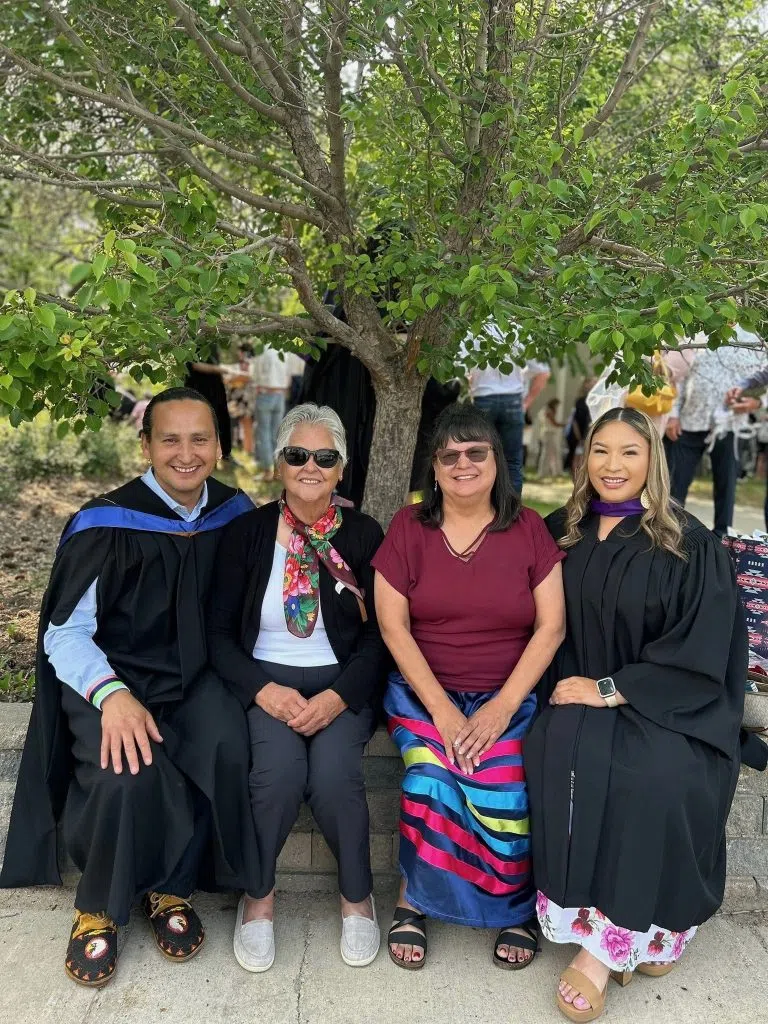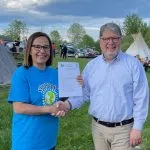
Cadmus Delorme named University of Regina Chancellor
In a groundbreaking appointment by the University of Regina, Cadmus Delorme has become the school’s first Chancellor of First Nations heritage.
Delorme’s historic new role with the University of Regina (U of R) was announced on June 16. For the past three years, Delorme had been the Chair of the U of R’s Board of Governors.
“It was very emotional. It was very exciting. I’m just a kid from Cowessess who was raised by Residential school survivors,” Delorme told Eagle Feather News.
“Knowing I’m making a difference, knowing I’m helping people heal, is how I get my motivation. Making it normal for Indigenous people to sit in all these seats in this country. To be the first – I take it as my role and duty in this country to make these things normal,” said Delorme.
Delorme will start his term as the university’s tenth Chancellor on July 1. For more than 15 years, Delorme has been connected to the U of R – first as an undergrad student at the First Nations University of Canada, then as a Masters student before eventually becoming the Board Chair.
“The Chancellor is very ceremonial, but also plays an important role of setting the tone at the top in terms of academics, how you teach today, and how you can shift what is taught in the future. I’m excited to see what we can do together at the University of Regina,” said Delorme.
Delorme’s career has been built around advancing education, Reconciliation, and fostering strong relationships between Indigenous and non-Indigenous people. After completing his Masters, Delorme returned home to Cowessess First Nation, where he served as Chief for seven years. He then founded OneHoop, a consulting firm that works in Reconciliation initiatives, community development, and economic growth.
Delorme said that he believes the U of R is a great institution, but academia as a whole in Canada has left some significant gaps that they can begin to fill.
“Academia in this country set up Canadians to not understand truth and Reconciliation, to not understand things like the importance of climate change, to not understand why resource extraction is something we’re so dependent on in the prairies,” said Delorme.
“I think Academia could spark more conversations, that we could have graduates who will go out in the world and really understand the patterns of the past and present, and why we need to do certain things in the future. I don’t think that’s something wrong that the University of Regina is doing, but I think that’s an area we could definitely expand on.”

The landmark Chancellor announcement wasn’t all for Delorme in the last week. On July 6, Delorme received an Honorary Doctor of Laws degree from the Athabasca University in Alberta. The doctorate was given in recognition of national leadership and advocacy for post-secondary education, and his work towards truth and Reconciliation.
“I was honoured. The contribution I have been giving this country is not something I do in order to be given something in return, so to be bestowed this huge honour is a sign I’m on the right path,” he said.
Delorme compared the honorary degree to the historic Indigenous practice of being honoured with an eagle feather after doing something great for your people. It’s a gesture he does not take lightly.
“It’s tougher in this country for certain people to succeed. Indigenous people have to climb a little higher on the mountain, and not only climb the mountain but do it with a little more weight on our shoulders because of the good, the bad, and the ugly we inherited,” said Delorme.
“So when you honour an Indigenous person for their contributions, you’re also recognizing that they probably had a little more weight on their shoulders when climbing the mountain (…) Indigenous people are now being honoured, not with an eagle feather, but an honorary degree from an institution that’s trying to do better in Reconciliation. It’s showing that these two worlds could utilize each other’s strengths.”
And while Delorme has certainly reached new heights in academia, this particular new chancellor may have a very unique quality that helps him fit in with the student population.
“I’m 43 years old but I could sometimes pass for 30 or 35. I tribute that to the rez water,” he said.
“I might even look like a student if I walk around campus wearing a backpack.”

